I know it might sound strange to hear a health coach say, "I do not eat clean.” But it is true, and it is not what you think. Let me explain why that phrase, and the conversation it starts, may hold the key to your long-term health success.
I am a member of a coaching group on Facebook where coaches often ask for support with client issues. Recently, one coach posted that their client was "eating clean" but not seeing the results they wanted. In the comments, another coach started criticizing the original poster specifically about the concept of "eating clean."
The problem was that the critical coach failed to clarify that they were talking about the judgmental language itself, not the actual food the client was eating. This led to a complete and heated misunderstanding. The original poster was flabbergasted that another coach would encourage not eating clean, taking it as an absurd suggestion to abandon wholesome food. They were arguing entirely different points because the language was unclear.
This story perfectly illustrates the confusion that exists in the health space today. The language we use, with its buzzwords like "clean," "dirty," "good," "bad," and "cheating," is what often holds people back. When I hear my clients say, "I eat pretty clean, but I still feel stuck," or, "I ruined it with a huge cheat meal," my ears perk up. These statements help me instantly recognize where someone's mindset may be holding them back. You may think, who cares what I call it, it is what I eat and do not eat that matters. But our thoughts and our language shapes our actions.
The Trap of Ambiguous Labels
One of the biggest problems with "eating clean" is that there is no clear definition.
For some people, eating clean means consuming only whole foods from nature. For others, it must be organic. Vegetarians and vegans define it by eliminating animal products. Still others insist it means eliminating grains, dairy, or sugar. The label becomes even more ambiguous when you consider that one person who says they are 'eating clean' still includes alcohol several nights a week. This highlights exactly how the flexible definition makes the entire label practically useless as a health standard.
When a word means something different to every person, it cannot form a reliable foundation for consistent health.
The original intent of focusing on wholesome food is excellent, but the label itself carries an unnecessary burden of moral perfection. I know this all from experience. That all-or-nothing mindset made me feel perpetually stuck years ago, and it is a pattern I recognize in my clients and on social media, often fueling a cycle of restriction and guilt.
Moving Beyond Good and Bad: Understanding Context
The problem with labeling foods as strictly "good" or "bad" is that it ignores an essential factor in nutrition: context.
I always emphasize prioritizing whole, nutrient-dense foods because they fuel high performance and support your health. However, the designation of "good" or "bad" is not fixed.
Take, for example, a birthday cake. Cake is excellent, we could even say it is "good," for putting candles in and celebrating a loved one’s annual trip around the sun. Kale can be a wonderful part of many meals, but it is laughably “bad” for holding up candles at a party. I mean, the candles would just fall over!
Some foods are clearly better for your long-term health and wellbeing, and we should prioritize them. However, whether a food is "good" or "bad" fundamentally depends on the circumstances: your environment, your culture, your personal preferences, and your values. Your health journey should not be about moral perfection; you will be more successful when you align your choices with your life and your goals most of the time.
Retiring the "Cheat Meal" Mindset
Perhaps the most damaging phrase we use about food is "cheat meal."
The word "cheat" suggests a moral transgression. It implies you are breaking the rules and being dishonest, and this mindset is what keeps smart, capable people feeling stuck. When we use this language, we set up a cycle where one enjoyable meal is perceived as a failure, leading to guilt that can trigger a full-blown relapse into old, inconsistent habits.
My role as a health coach is to help you find the eating pattern that supports your life. You are not a cheat or bad simply because you enjoyed a meal that falls outside the category of everyday nourishment. That is an indulgence, a treat, or simply a flexible choice you are making.
Language matters: By reframing a "cheat meal" as an indulgence or a moment of flexibility, you remove the unnecessary moral weight. You are making a conscious choice to enjoy food, not commit a crime against your health.
Mindset matters: When you view a treat as a conscious decision that honors a social occasion or joy in food, rather than a failure that necessitates shame, you maintain control over your entire health plan. This shift supports mental wellbeing and the balance required for long-term success.
Sustainable habits are built on the flexibility that allows you to enjoy life while still supporting your health.
A Health Approach Built on Strengths and Consistency
The goal of coaching is not to make you eat "clean" 100 percent of the time. We work together to build an eating pattern that helps you manage stress, boost energy, and maintain consistency without feeling restricted or defeated.
It's more effective to focus on strengths and building on what is already working through consistent habit development than on labeling foods as good or bad, clean or dirty.
What is your foundation? We aim for the majority of your food choices, about 80%, to be minimally processed, nutrient-dense foods that serve your energy and performance needs. But that % can fluctuate based on what is going on in your life. Eating well 70% of the time during a high stress period in your life, is a major win.
Where can you lean in? We focus on making choices that are "a little bit better" in any given situation, rather than demanding an impossible "perfect." Progress is moving forward, no matter what it looks like.
What makes sense in your life? I am here to help you explore what choices work best for you based on your preferences, values, culture, and environment. When we respect your decision-making power, it prevents the restrictive "all or nothing" cycle that keeps so many people stuck.
Notice and Rename Your Language
The biggest takeaway you can apply today involves simply becoming a quiet observer of your own internal language. Start noticing when you use phrases like, “I’m being bad by eating this,” or, “I was bad at the party yesterday.”
Sometimes we say these things with a twist of humor, perhaps to signal to others that this food is an exception, or to preempt any judgment. However, your brain does not process the joke; it simply registers the constant reinforcement that you, or your food choice, are "bad."
Every time you call yourself a failure or label a choice a "cheat," you are strengthening a negative association with food, and that is a subtle but powerful way to keep yourself mentally stuck. Simply pause when the words "good" or "bad" come to mind, and rename the choice.
Instead of saying you were "bad," acknowledge that you consciously chose to enjoy an indulgence. When we drop the judgmental language of "clean" and "cheat," “good” and “bad,” this small shift in language and awareness is a key step toward lasting consistency. The result is a life where food is fuel, nourishment, and enjoyment, free from the stress of black-and-white thinking. <—-This is my story of overcoming this challenge.
Questions? I’d love to help.
Lea
Lea Genders is a board-certified health coach, personal trainer, and workplace wellness consultant based in Fort Worth, TX. She offers corporate wellness programs for employee health and productivity, as well as in-person and virtual training / coaching for individuals worldwide. Her blog shares expert guidance on strength training, running, and sustainable nutrition @fortworth_trainer


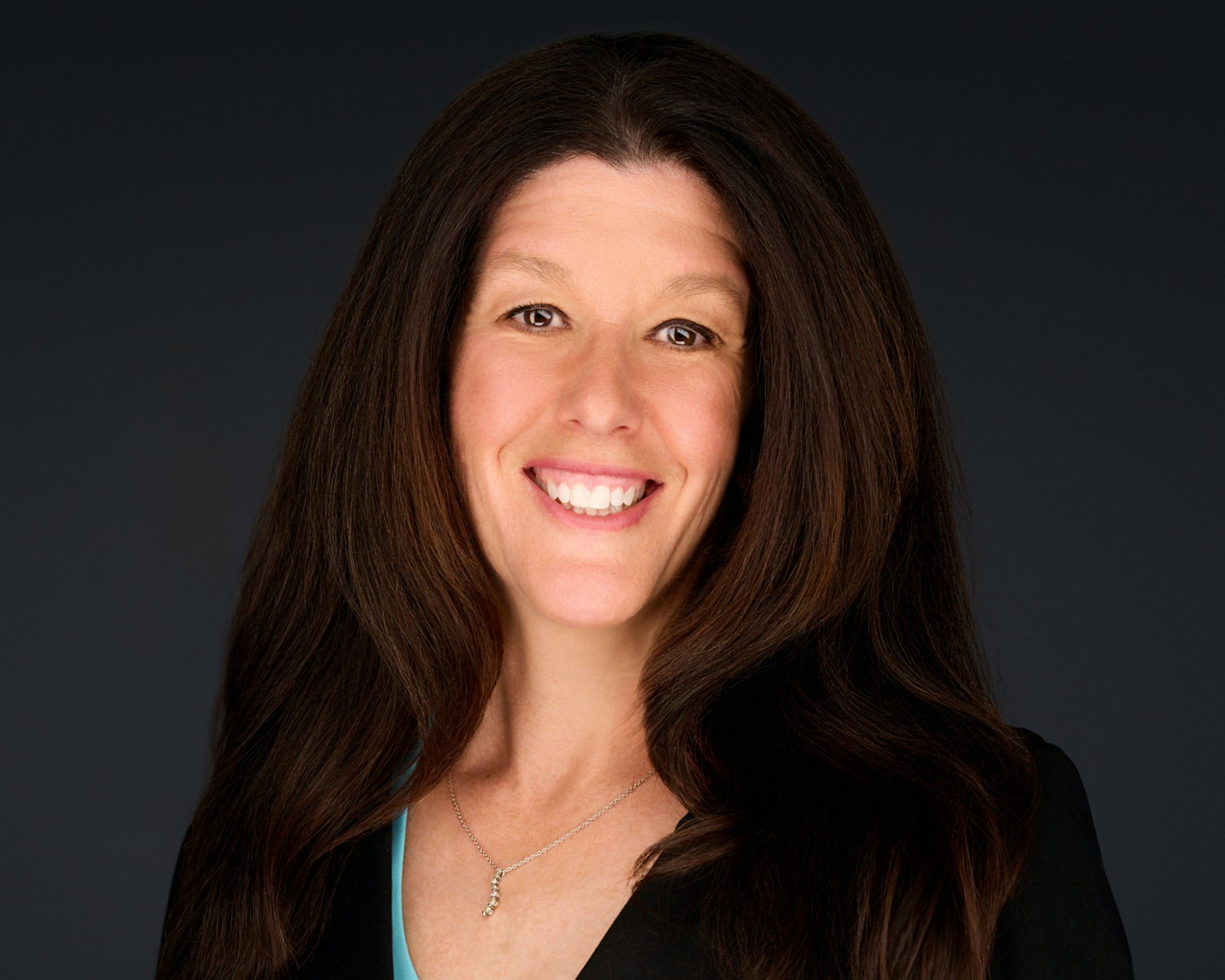
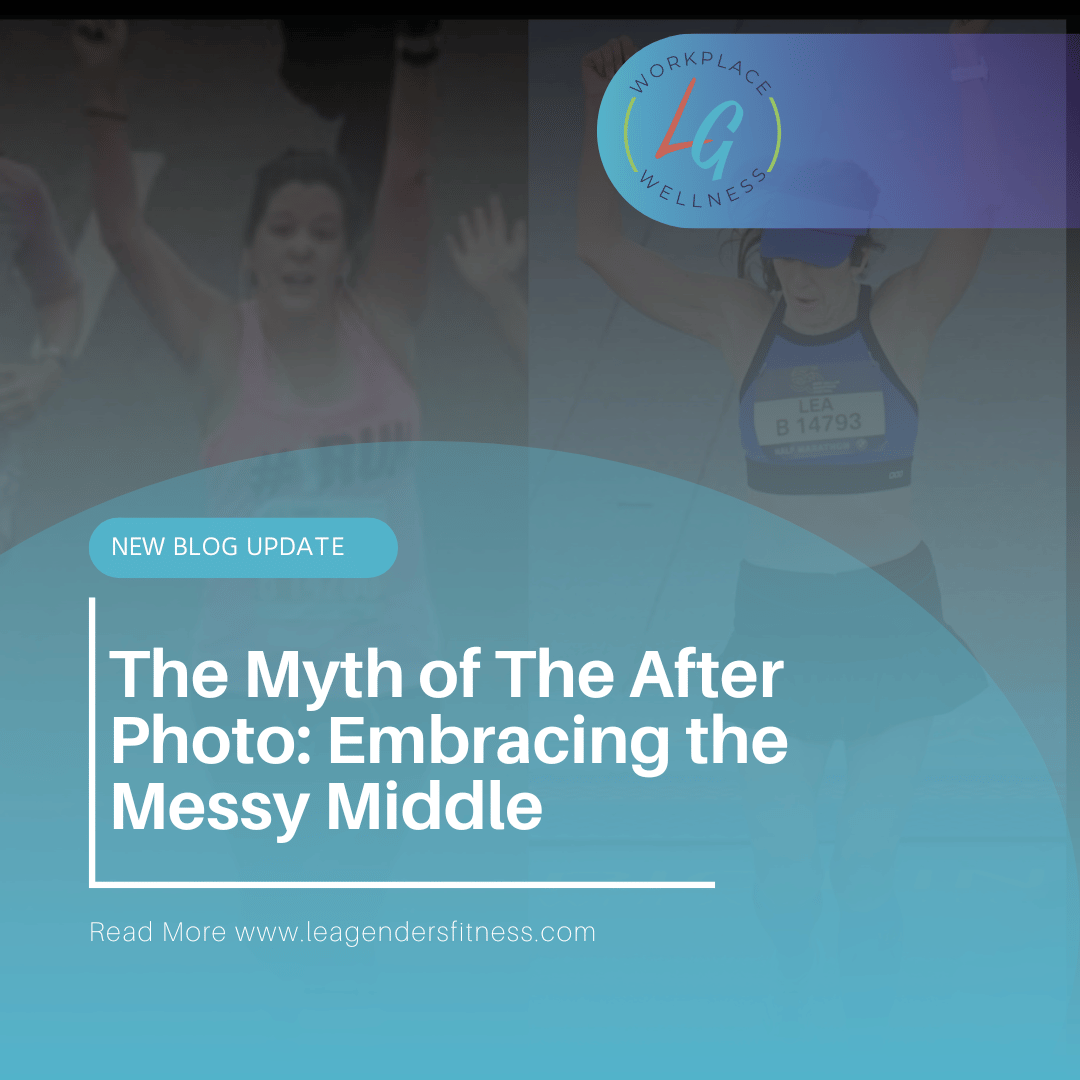


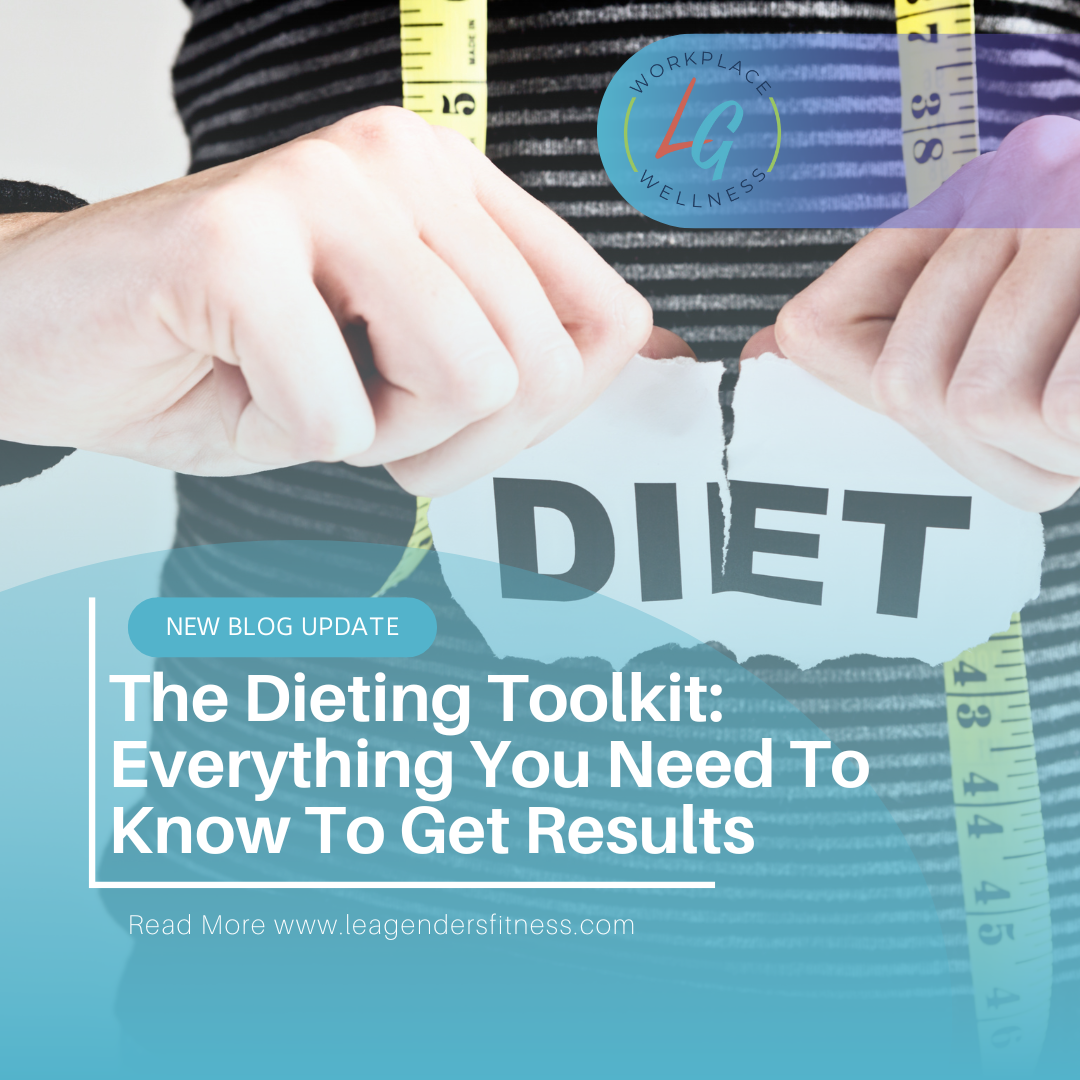
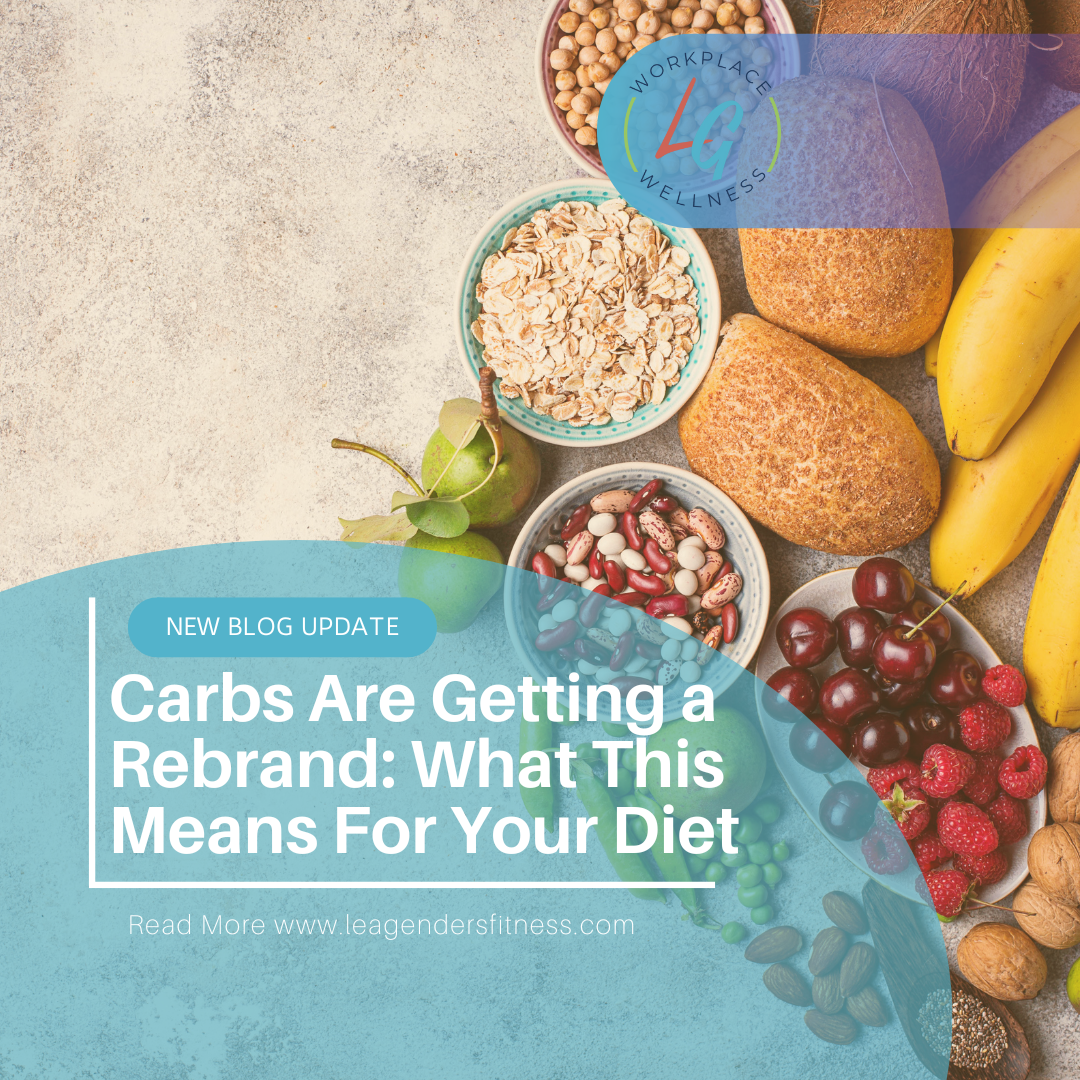
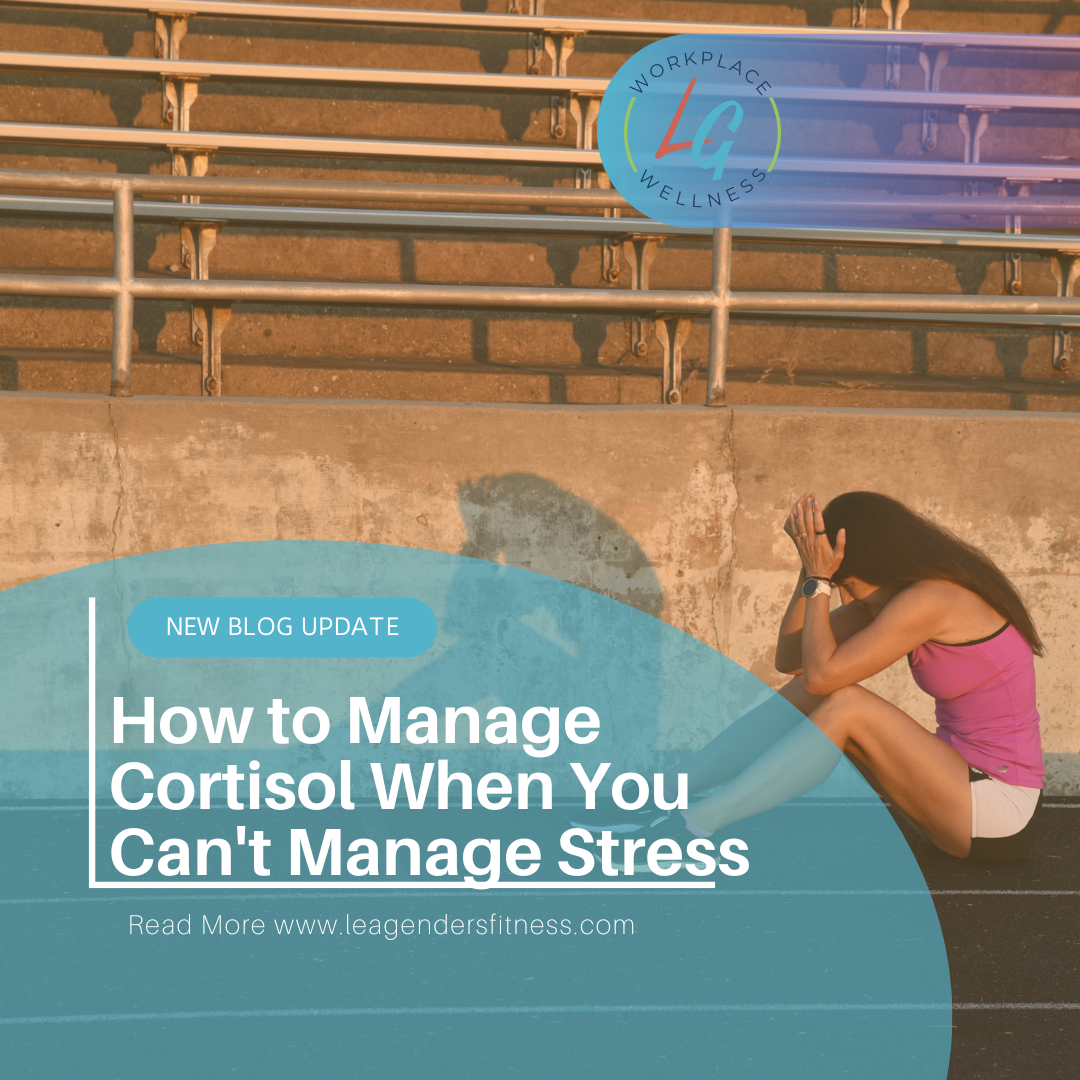
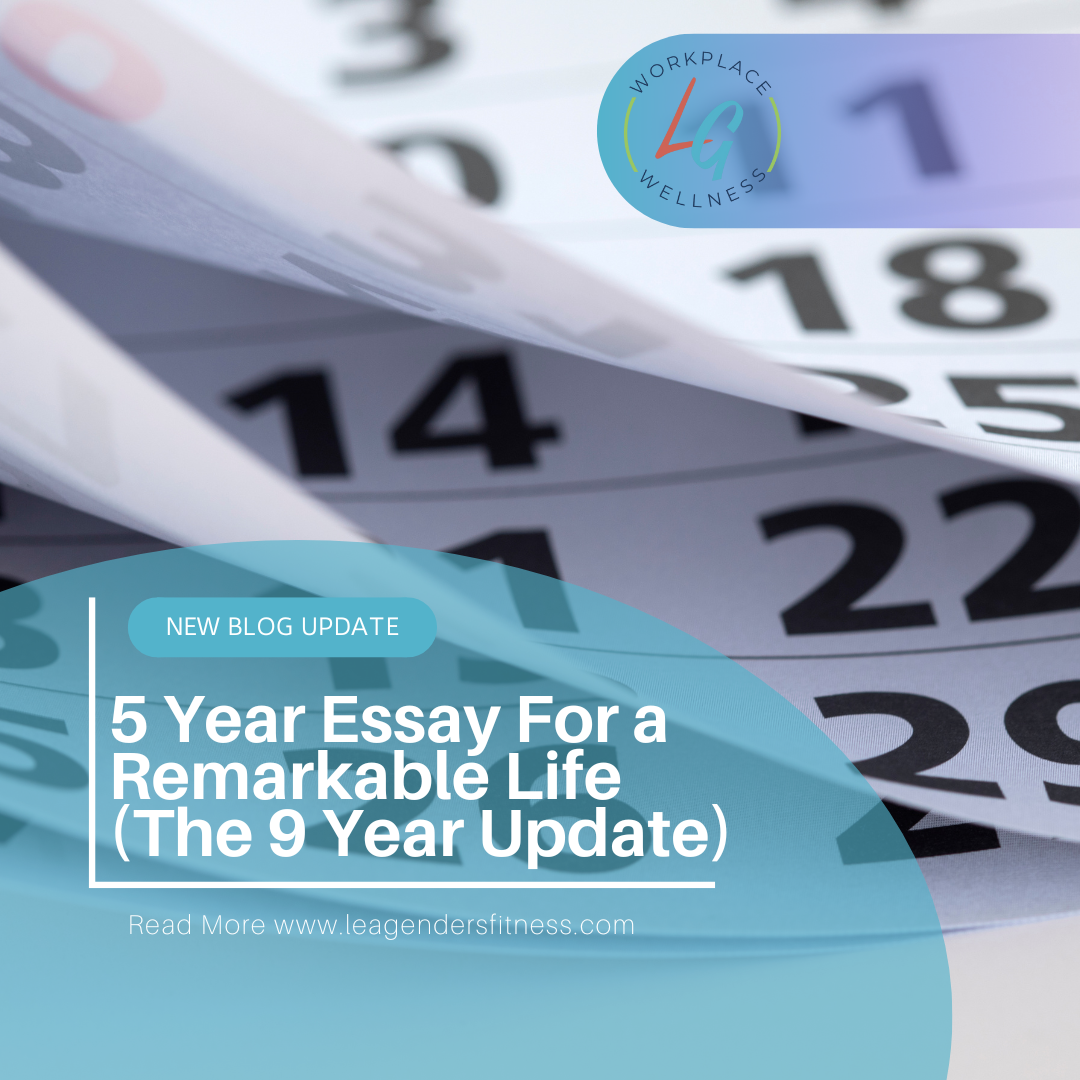


Most of us are stuck in habits and thought patterns that we didn’t even realize we were practicing. Whether it’s negative self-talk on loop, the trap of thinking every workout has to be a high-intensity suffer-fest, or being so obsessed with the scale that we miss the small meaningful wins, these mindsets can sabotage our progress. In this blog, we look at how to identify these traps, give ourselves some grace, and start choosing a new way to think about health and consistency.